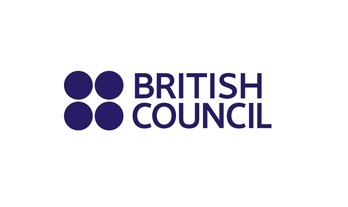Applying for a job can be a daunting task. There is so much to do — finding the right role to apply for, updating your CV, going to an interview — all of these are important steps that must be done well. Writing a cover letter can therefore sometimes seem less important when faced with other important tasks. But a good covering letter can make the difference between rejection and progressing to an interview. Let’s look at how to tackle this all-important piece of work.
What is the purpose of a cover letter?
A cover letter provides a prospective employer with a brief overview of the applicant. It presents the key reasons why the applicant would be a good choice, highlighting key factors that may not stand out when briefly reviewing a CV.
Structure
Before you start, make sure to look carefully at the role profile and highlight the key criteria. Then plan your cover letter to ensure it matches, stating clearly why you tick all the boxes. Once your plan is done, all you need to do is plug the content in; the structure of a cover letter is straightforward and follows roughly the same steps each time, as outlined below.
-
A statement explaining the purpose of writing the letter and where you heard about the job vacancy.
- A description of relevant academic studies, work experience and skills.
I am writing to apply for the position of tax accountant, advertised in the Classified Post. I believe this job would enable me to use and develop the skills that I have acquired in my career to date.
I studied accountancy at university and this prepared me for a career in this profession. I took a module in tax accountancy during my studies and it helped me understand the industry.
I started my career as an accountant in a small retail company. I managed all the accounts for the firm and its profits rose by 60 per cent in my two years there.
This is followed by sections covering personal qualities and an expression of gratitude, which we’ll cover in more detail next week. For now, write a draft of the first part of your cover letter. Join us next week to learn how to finish your cover letter and how to use persuasive language to get the outcome you desire.






